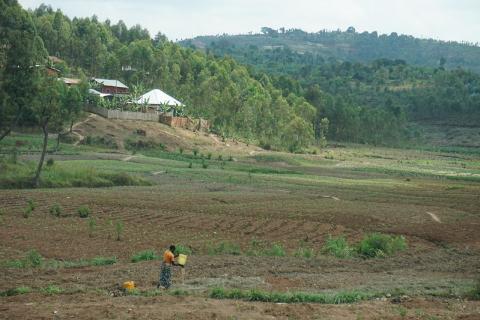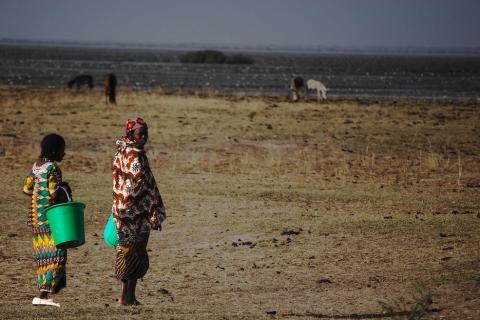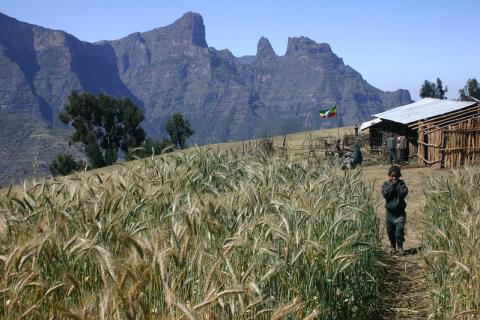Les histoires aident à donner vie aux données. Explorez notre riche collection d'histoires conduit par les données sur les droits fonciers et de propriété, et partagez votre propre histoire sur le Land Portal en vous inscrivant dès aujourd'hui.
Les histoires du réseau
Parcourez les histoires les plus récentes, rédigées par les partenaires et collègues de notre réseau.
Protecting the Roots of a Sacred Tree
With USAID support, an Afro-Colombian community received a collective land title, guaranteeing ownership of their traditional lands.
Gagnants du concours d'histoires de données
Notre concours annuel appelle à des histoires dynamiques liées au foncier qui captent l'attention et présentent les données de manière innovante. Parcourez la liste des gagnants ici.
A New Hope
This is the story of how dozens of communities in Mozambique are mapping and documenting their own land rights. "A New Hope" is the winner of the Land Portal's Second Data Story Contest, and is authored by the team at Terra Firma Mozambique.
The burden of history: Land and a divided community in San José Sinaché, Guatemala
We meet Rosalía in a roadside café in a dusty town in the Quiché department, in Guatemala’s Western Highlands. She lowers her voice whenever people come in – you never know who might be listening. Land is sensitive stuff, especially in Quiché, a region that still bears, perhaps more than any other part of Guatemala, the scars of the civil war (1960-1996) – as we will see. In 2018 alone, 15 defenders of land rights in Guatemala have been killed with total impunity, several of them in Quiché.
The Power of Land
This story was submitted as part of the Land Portal Data Stories Contest and was the recipient of the second prize.
How Satellites can locate potential land grabs in Africa
This data story gives an overview of current land grabbing databases, their lack of spatial information and how remote sensing datasets can overcome this lack when being used to detect large scale agricultural production schemes.





